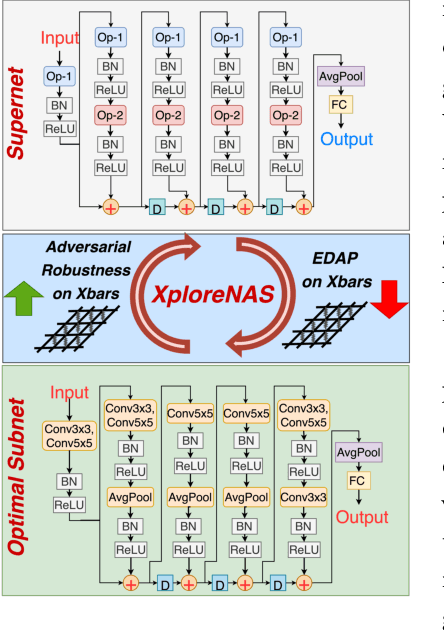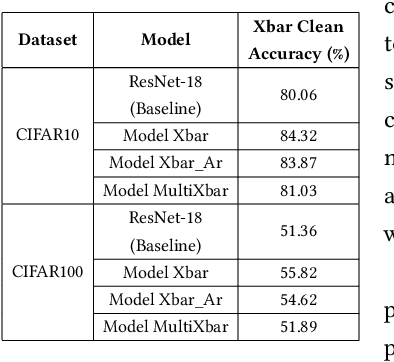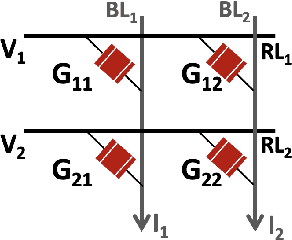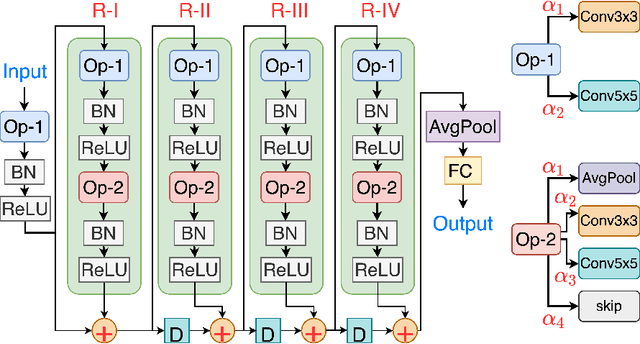XploreNAS: Explore Adversarially Robust & Hardware-efficient Neural Architectures for Non-ideal Xbars
Paper and Code
Feb 15, 2023



Compute In-Memory platforms such as memristive crossbars are gaining focus as they facilitate acceleration of Deep Neural Networks (DNNs) with high area and compute-efficiencies. However, the intrinsic non-idealities associated with the analog nature of computing in crossbars limits the performance of the deployed DNNs. Furthermore, DNNs are shown to be vulnerable to adversarial attacks leading to severe security threats in their large-scale deployment. Thus, finding adversarially robust DNN architectures for non-ideal crossbars is critical to the safe and secure deployment of DNNs on the edge. This work proposes a two-phase algorithm-hardware co-optimization approach called XploreNAS that searches for hardware-efficient & adversarially robust neural architectures for non-ideal crossbar platforms. We use the one-shot Neural Architecture Search (NAS) approach to train a large Supernet with crossbar-awareness and sample adversarially robust Subnets therefrom, maintaining competitive hardware-efficiency. Our experiments on crossbars with benchmark datasets (SVHN, CIFAR10 & CIFAR100) show upto ~8-16% improvement in the adversarial robustness of the searched Subnets against a baseline ResNet-18 model subjected to crossbar-aware adversarial training. We benchmark our robust Subnets for Energy-Delay-Area-Products (EDAPs) using the Neurosim tool and find that with additional hardware-efficiency driven optimizations, the Subnets attain ~1.5-1.6x lower EDAPs than ResNet-18 baseline.
 Add to Chrome
Add to Chrome Add to Firefox
Add to Firefox Add to Edge
Add to Edge